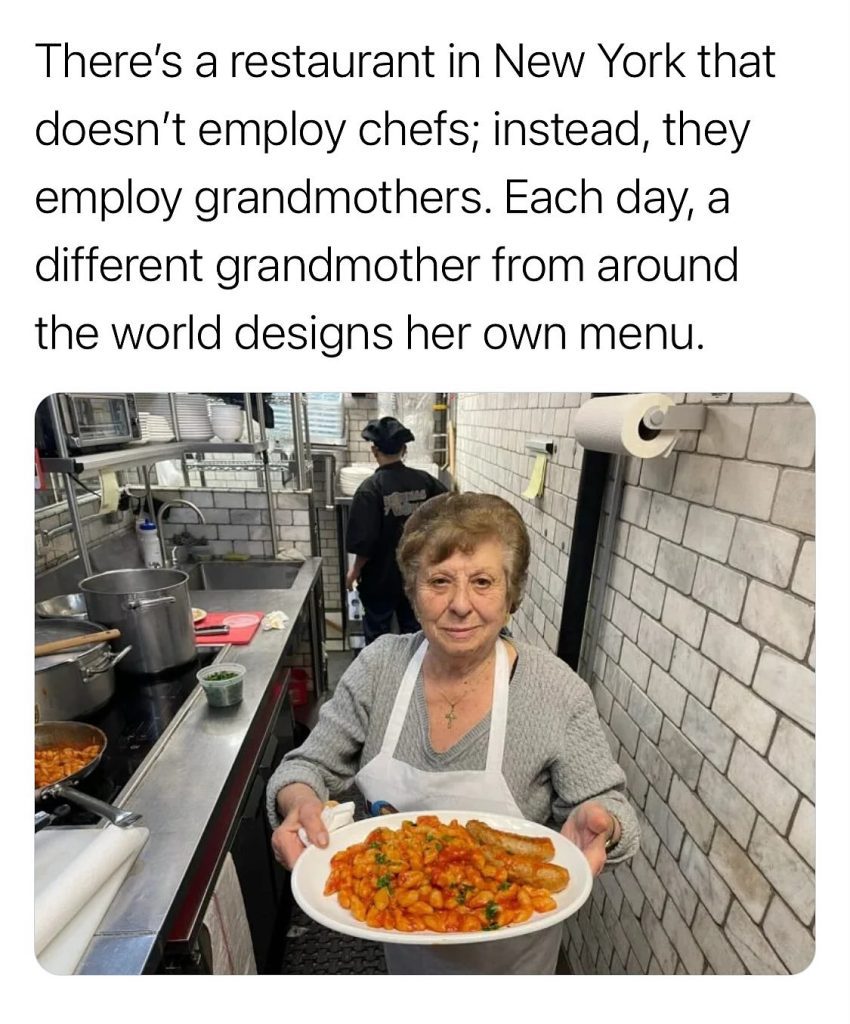This Restaurant in New York Hires Grandmothers From Around the World to Cook Traditional Dishes From Their Homelands
There’s a little restaurant tucked into a quiet corner of Staten Island, New York, that doesn’t follow the usual playbook. No celebrity chefs. No fusion menus. No Instagram gimmicks. Instead, it does something radically simple — and beautiful. Every day, a grandmother from a different part of the world steps into the kitchen and cooks the dishes of her childhood, the food of her people, the recipes passed down from generations. It’s called Enoteca Maria. But most regulars just call it “Nonna’s.”
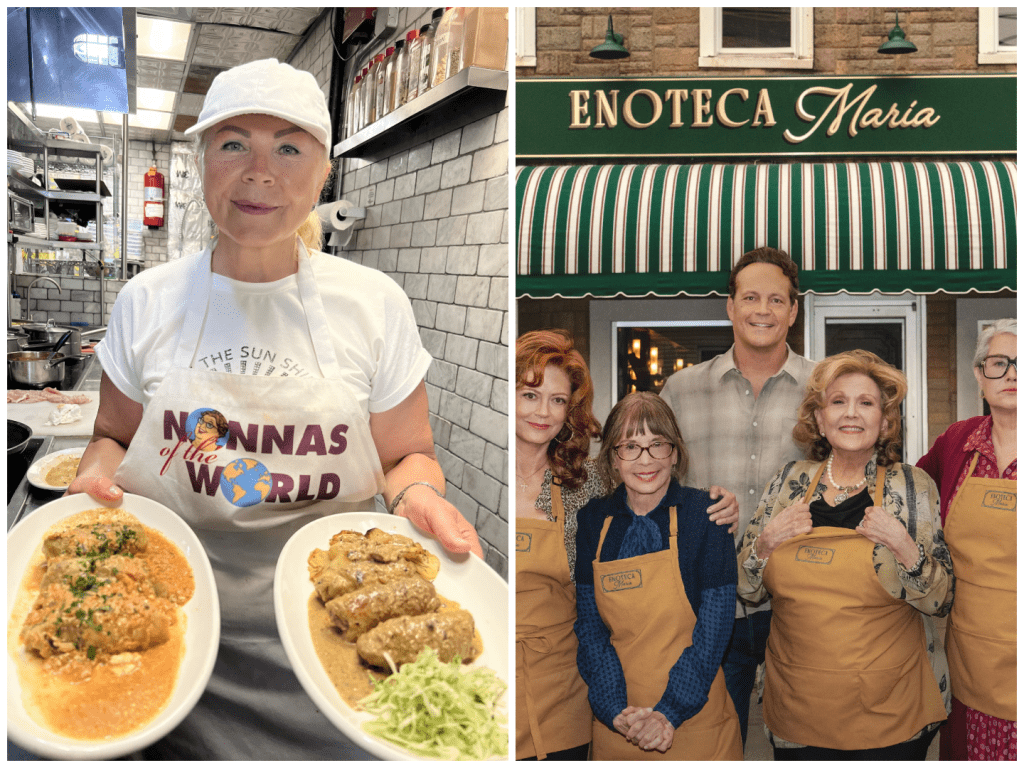
The idea is as heartfelt as it is brilliant: instead of trained chefs, the restaurant hires real grandmothers — lovingly known as “nonnas” — to prepare meals from their native countries. One day, you might find a Nonna from Naples stirring her homemade tomato sauce for orecchiette. The next, a Syrian grandmother might be slow-cooking fragrant lamb and rice, or a Dominican abuela might be crafting the perfect pastelón. No two days are the same, and that’s exactly the point.
The brain behind this warm and unusual place is Jody Scaravella, a Staten Island native who started the restaurant in honor of his late Italian grandmother, mother, and sister. After losing the three women who shaped his world, Jody found himself longing for the feeling of home — that comfort that lives in a Sunday kitchen, the sound of simmering sauce, the smell of garlic, the laughter that bounces off walls where love was cooked into every meal. So he made a decision that would eventually change not just his life, but the lives of dozens of women and thousands of guests. He created a space where women from all cultures could share their heritage the way it had always been shared — through food.
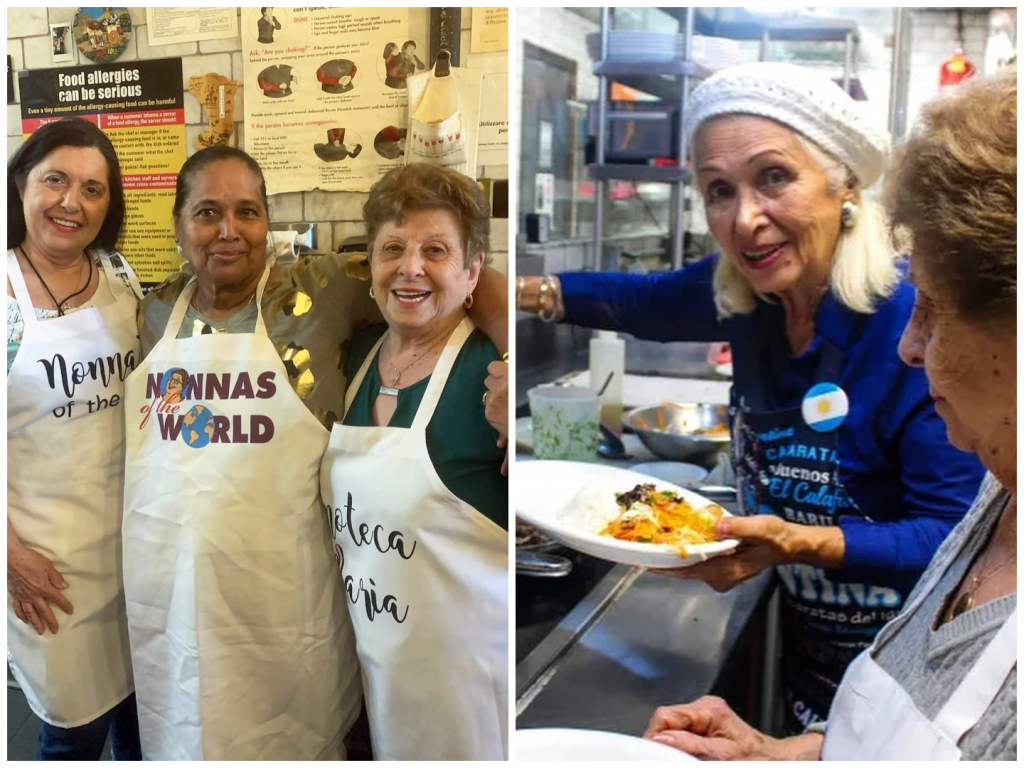
At Enoteca Maria, these grandmothers aren’t just cooking — they’re telling stories. Not with words, but with every spoonful. Their hands have made these recipes for decades, sometimes longer. Many of them don’t write down measurements. It’s a pinch of this, a memory of that. A muscle memory built over lifetimes. There’s no formal culinary training, and there are no Michelin stars. Just heart.
The restaurant’s schedule rotates daily, with a new nonna taking over the kitchen and sharing her cultural dishes. From Sri Lankan coconut sambol to Polish pierogis, from Egyptian molokhia to Japanese okonomiyaki — it’s a global adventure told by the women who lived it. The menu changes as often as the cooks do, which means every visit is like being invited to someone’s home, someone different, someone proud to share a part of themselves.
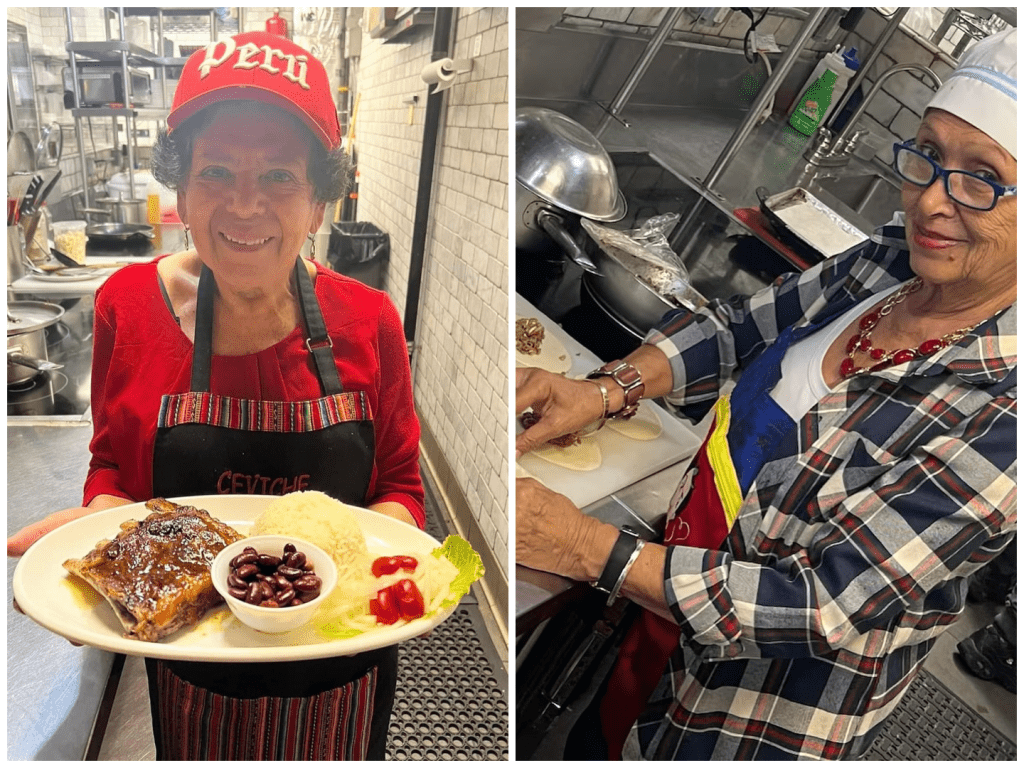
What makes this even more powerful is what it gives back. Many of the grandmothers were immigrants who felt like their culture and their stories didn’t have a place in modern New York. Some had retired or lost family, and the chance to cook again — to be celebrated for their traditions — reignited a spark. They weren’t just making meals. They were being seen, heard, and respected.
For the diners, the experience goes beyond eating. It feels like time travel. A dish takes them back to their childhood, their hometown, or a place they once visited. It’s deeply personal. You can’t recreate this with training or presentation. You can’t find it in trendy cookbooks or five-star ratings. It’s something only a grandmother can bring. Warmth. History. Love.
And yes, the food is incredible. That part’s undeniable. But what really fills people up is the soul of the place. You walk into Enoteca Maria and it doesn’t feel like a restaurant. It feels like a home — even if you’re thousands of miles from the one you grew up in.
Jody’s vision also challenges the modern food industry in a quiet but profound way. At a time when the culinary world often values flash and fame, here is a restaurant built on patience, culture, and the deep comfort of familiarity. It proves that innovation doesn’t always mean new ingredients or deconstructed dishes. Sometimes, innovation is simply remembering what matters most — community, memory, tradition, and generosity.
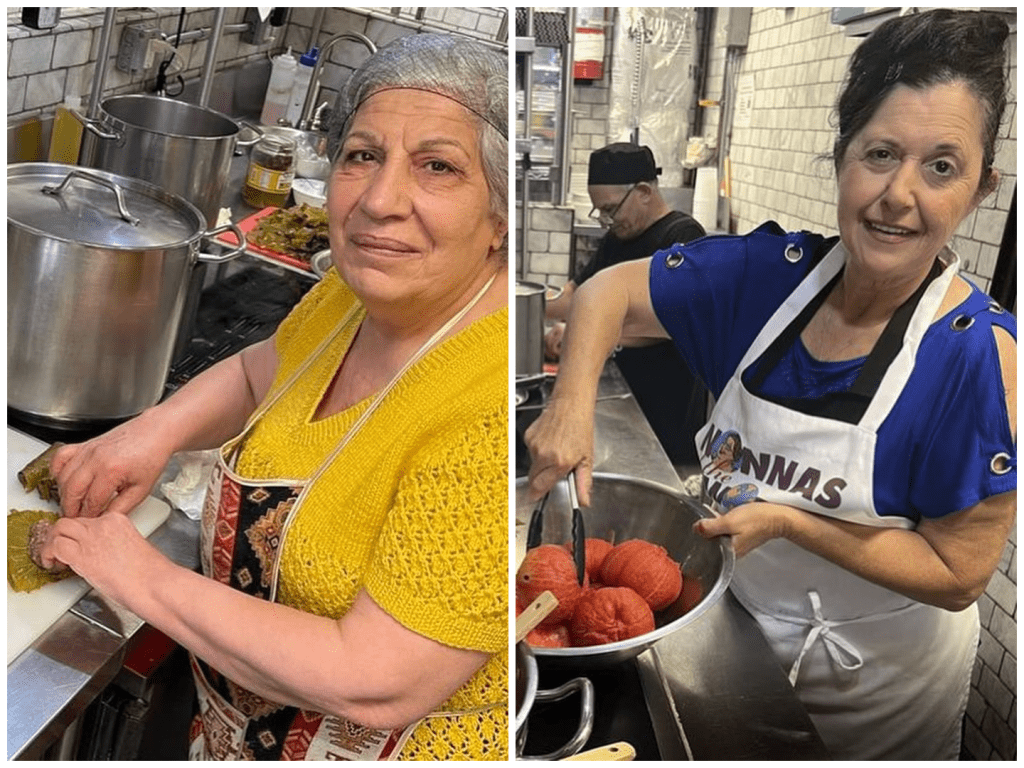
Enoteca Maria has become more than just a local spot. It’s now a symbol of how powerful food can be when it’s rooted in identity. The restaurant even launched the “Nonnas of the World” program, inviting women from all nationalities — not just Italian — to come share their food. The result is a place that not only celebrates diversity but also preserves it. In a world that’s moving fast, this kitchen is a reminder to slow down and savor. To taste something with history behind it. To understand that sometimes, a single plate can carry an entire culture.
And while grandmothers are the stars of the show, they also become students of each other. They share recipes, stories, and laughs. A nonna from Japan might taste Armenian dolma for the first time. A Colombian abuela might learn how to fold handmade pasta. It’s a quiet, unspoken diplomacy — food connecting people the way only it can.
The guests leave with more than full bellies. They leave with stories. They leave with memories they didn’t know they were hungry for. Many return not for a specific dish but to see the nonna again. To hear her talk about the town she grew up in, or the way her mother taught her to make stew. Some even cry at their tables, overwhelmed by a taste that reminds them of home, of someone they miss, of a feeling they thought was lost.
That’s what Enoteca Maria serves. Not just food, but feeling. Not just meals, but meaning.
